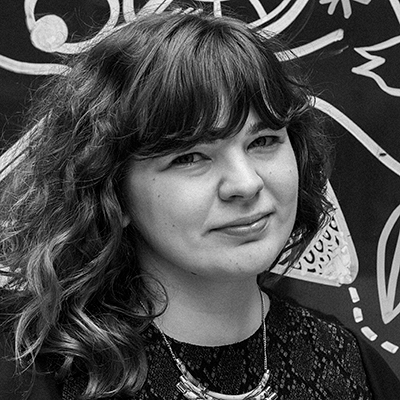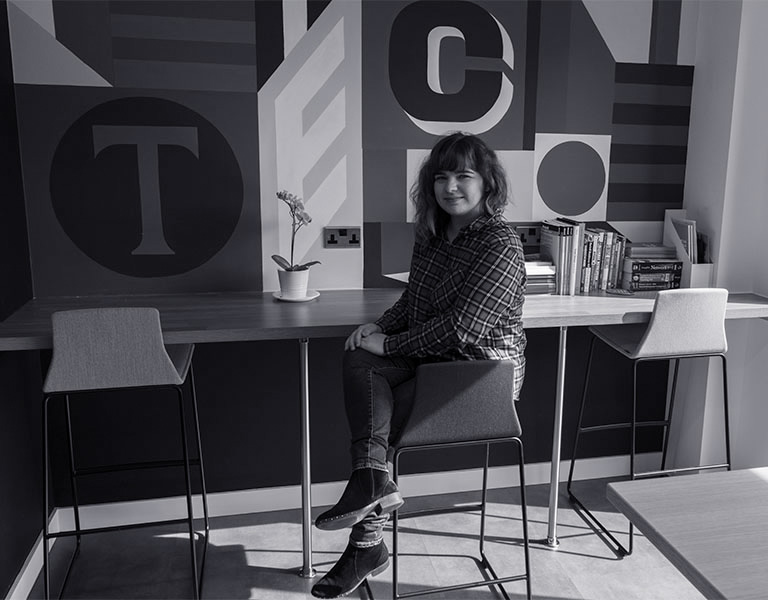The tech industry can feel like it’s full of highly specialised technical and marketing professionals who have followed well known and established routes into the industry. However, from my own experience of talking to people and digging a little deeper I’ve found that more and more people in digital are following less conventional routes into their careers.
Last year I graduated with a degree in photography. In the last year of the degree I became more interested in digital marketing while promoting my art through social media and submitting to awards and exhibitions. I found the challenge of getting my work noticed exciting and would often advise my peers on how they could put themselves out there and promote themselves.
After university I explored this further by getting a marketing internship at The Tetley art gallery in Leeds, where I was involved in the gallery’s rebrand and helped to edit, update, and promote their new website. While there, I also attended and assisted at exhibition launches and other large cultural events, such as Leeds Light Night, which gave me an insight into the various layers of working in marketing – from scheduling posts, organising press and photographers and even creating marketing collateral.
During this period I was actively applying for my first full time role as a marketing assistant, and it was while attending a networking event for the popular arts platform Curatorspace that I met one of their co-founders, Philip. Philip was also technical director at Fablr and waxed lyrical about his agency and the work they were doing. On the off chance I sent him a message via LinkedIn and quick-as-a-flash they got me in for an interview and I got offered a full-time position.
With no official qualifications in marketing or experience in the tech industry, my first week in my job felt overwhelming and I had a huge case of imposter syndrome. This would often be aggravated when I would introduce myself at tech networking events where I’d be asked why I was working in marketing when my degree was in photography. I felt like a bit of an outsider.
However, over time I came to see my creative background was a positive. I always had an array of ideas ready to go for marketing campaigns and I had the skills to produce the assets to go with them. In addition, the continued support from the Fablr team and dedicated training time I got as part of my role also helped me to gain the skills I needed.
I think one of the most important lessons I’ve learned is that the technical side can be taught and it’s all about your attitude and eagerness to learn. Having that can-do attitude and willingness to get stuck in counts for a lot in the digital industry.
I recently attended She Does Hey! -, a collaborative panel talk by She Does Digital and Hey! that showcased less conventional pathways into digital and aimed to inspire people to take the plunge into the industry. The speakers on the panel included a former chef, midwife, musician, anthropologist and photographer.
What I had in common with the majority of the speakers is that I developed my skills and career through asking questions, trying new things and not being afraid to fail. I have learned so much in the short time I have worked at Fablr – including improving my people skills and building relationships through networking, digital marketing skills and technologies and managing Google Analytics campaigns.
All of this growth has also helped to improve my confidence and the dreaded imposter syndrome is much less of an issue these days. When I talk about coming from a creative background I no longer feel inferior to someone who has taken a more traditional route.
TLDR; if you want to do something the best thing to do is just start and see what happens, you never know where you might end up.

